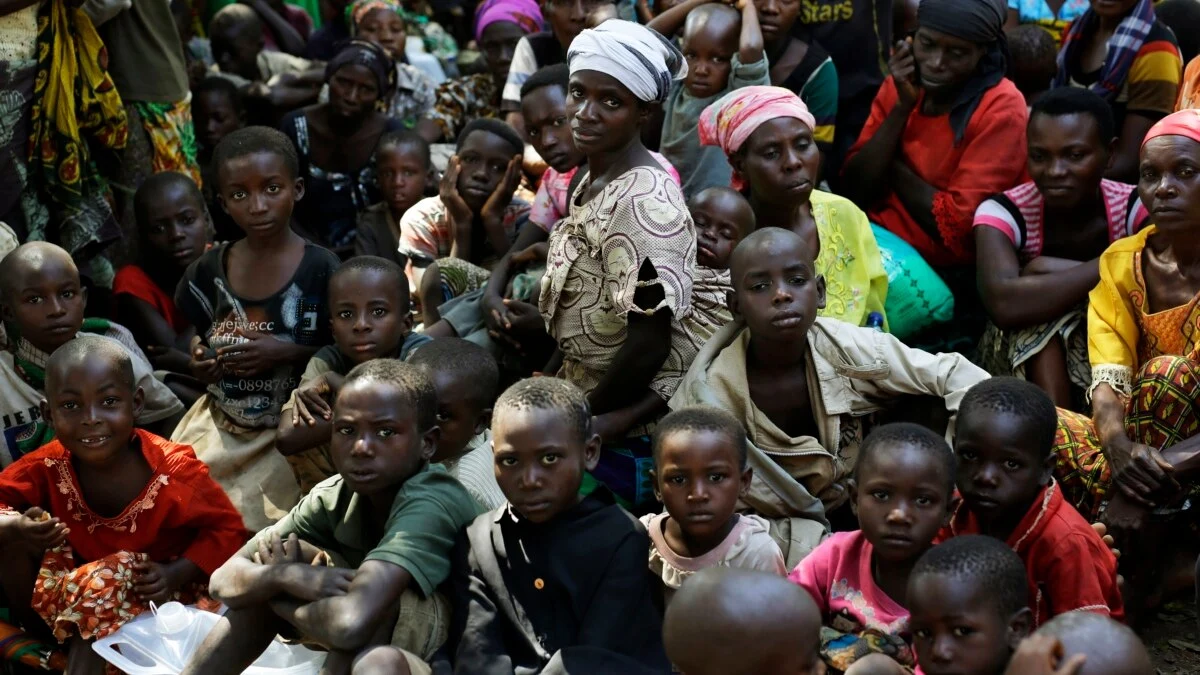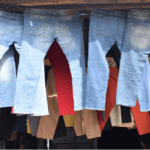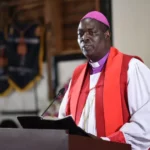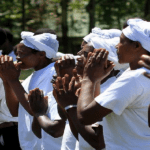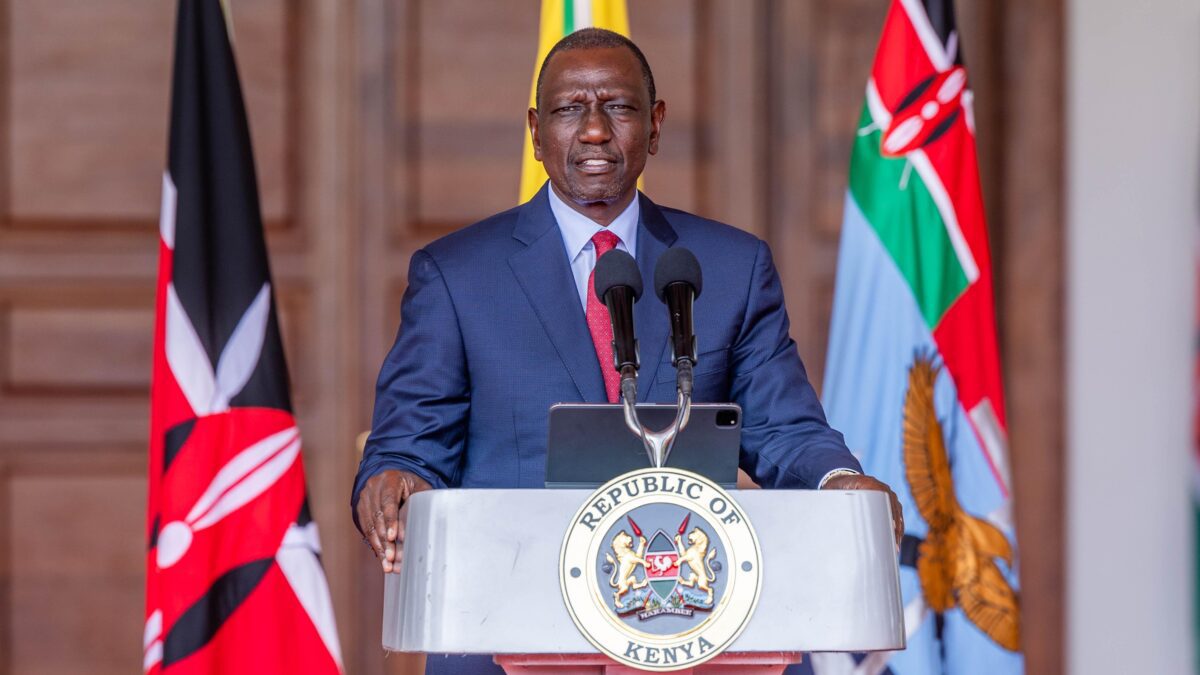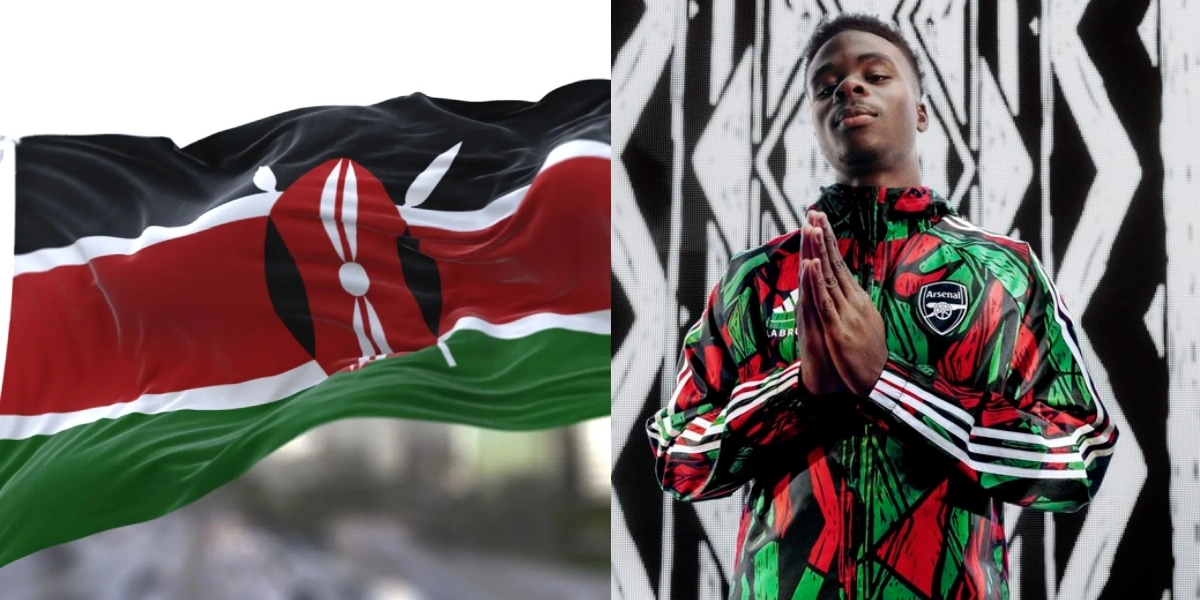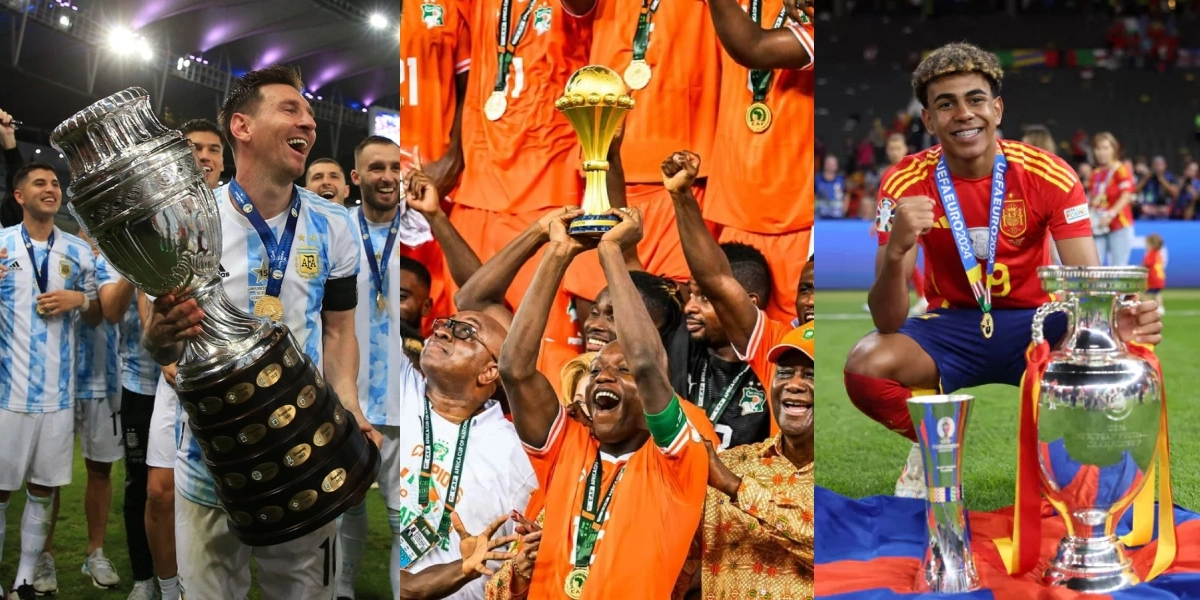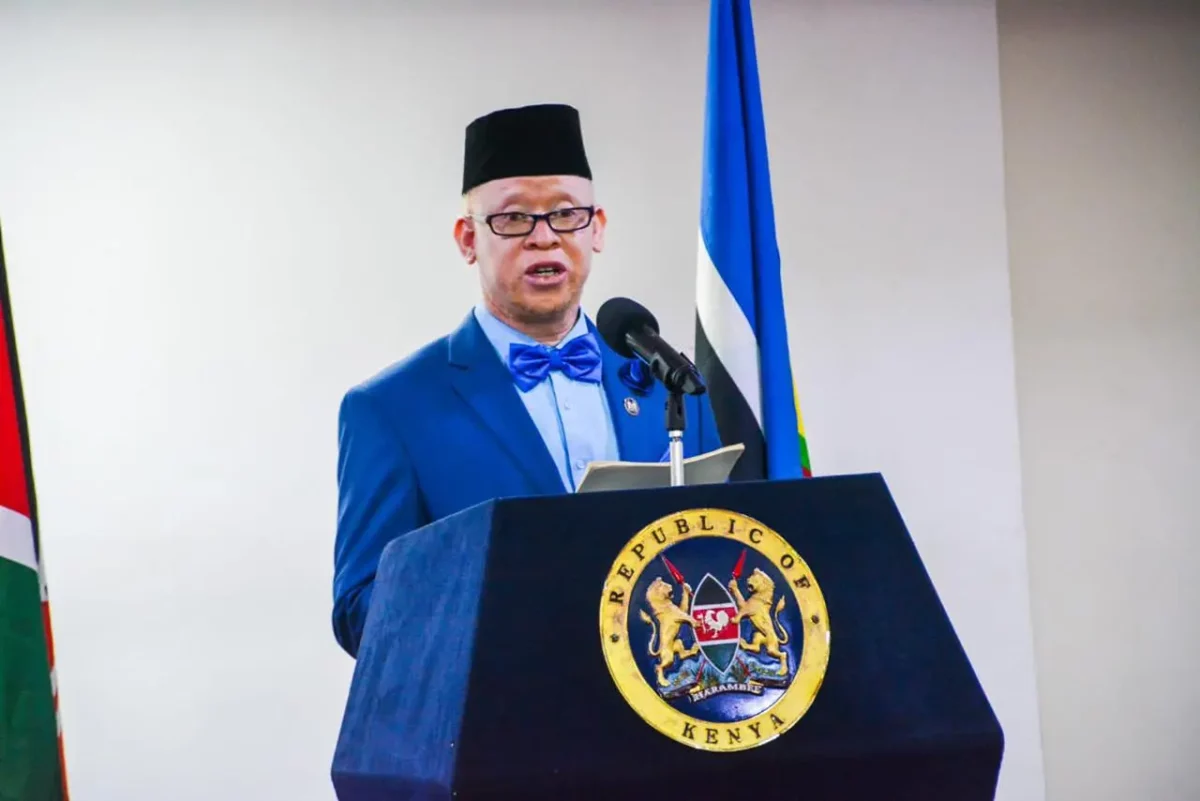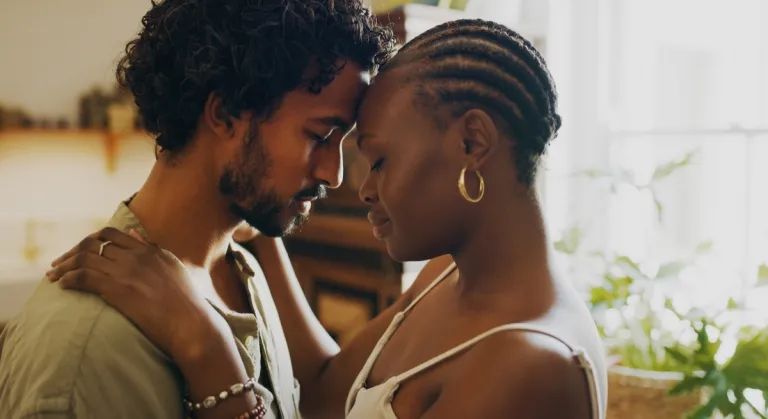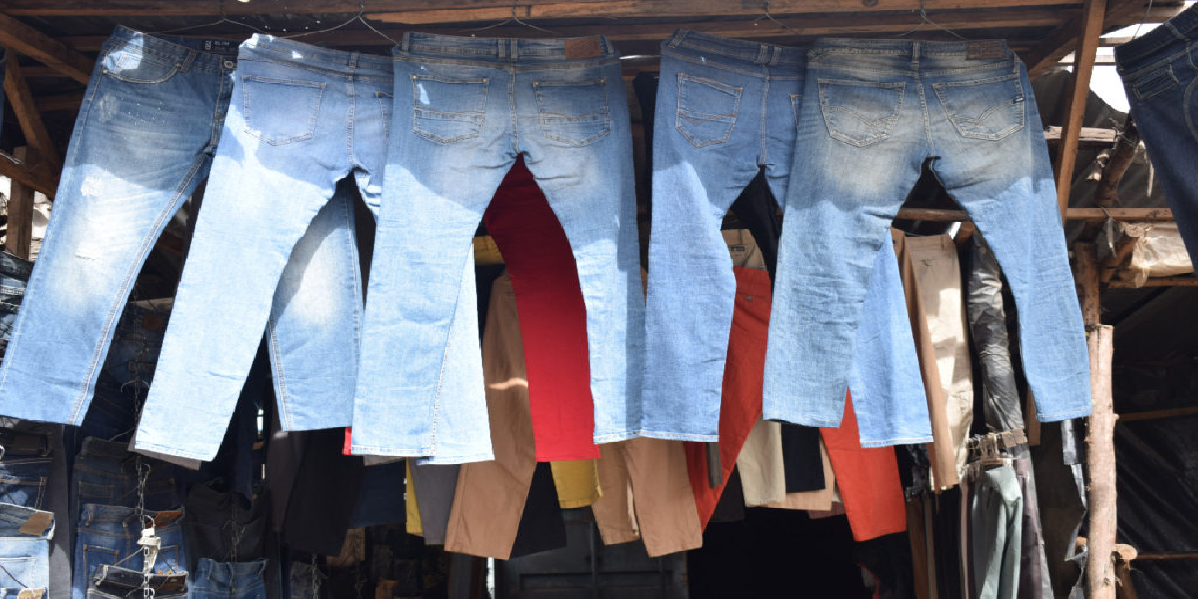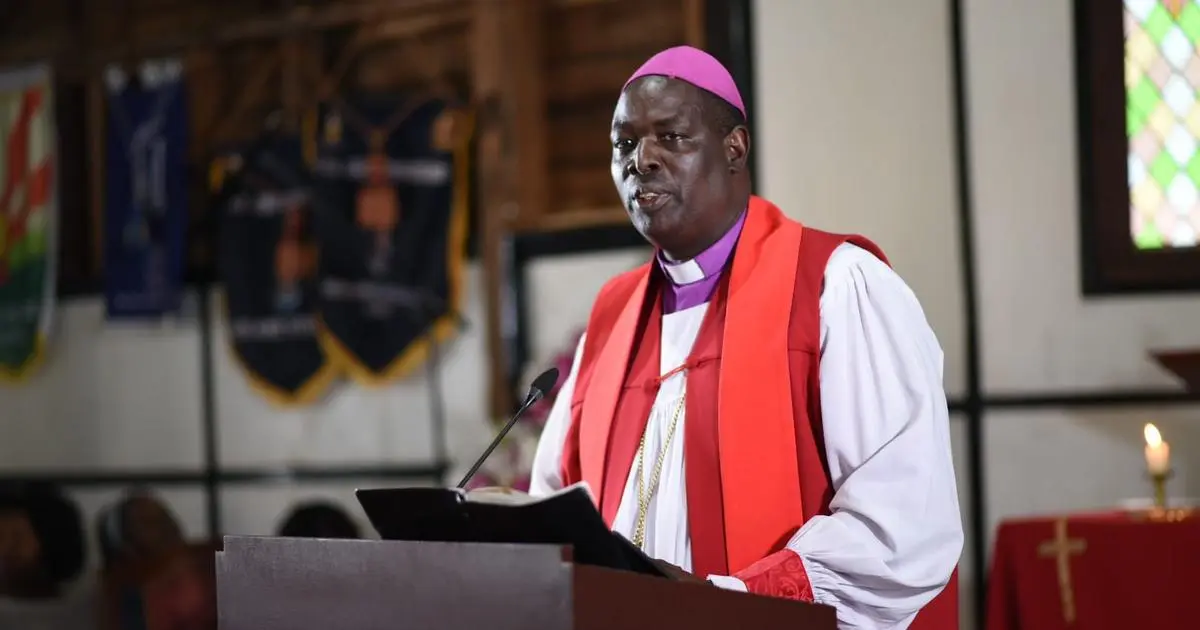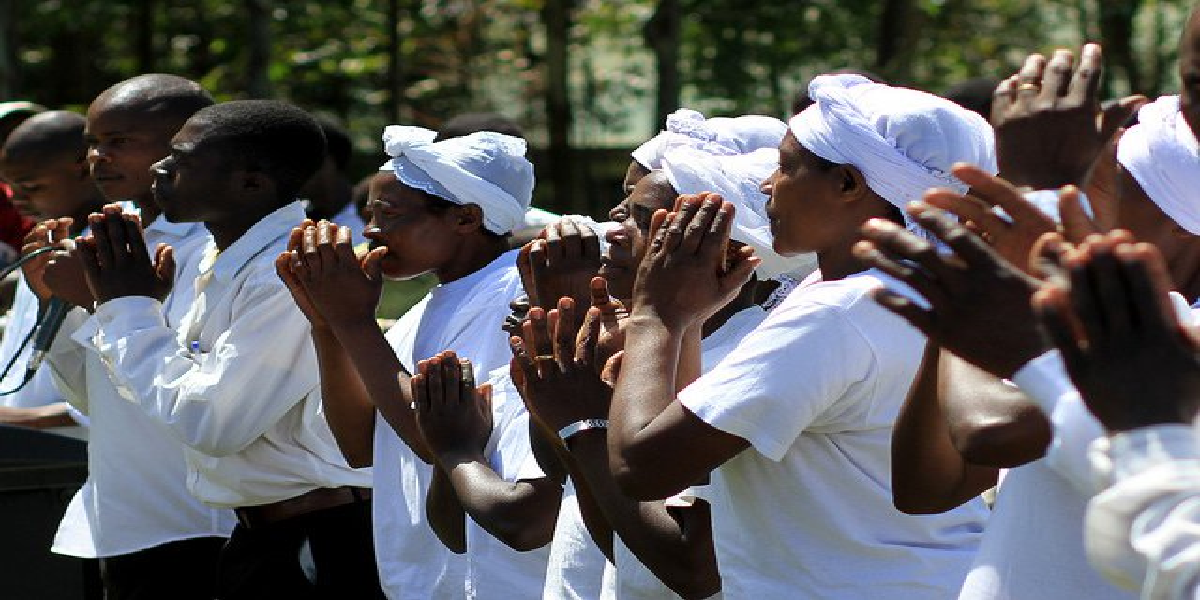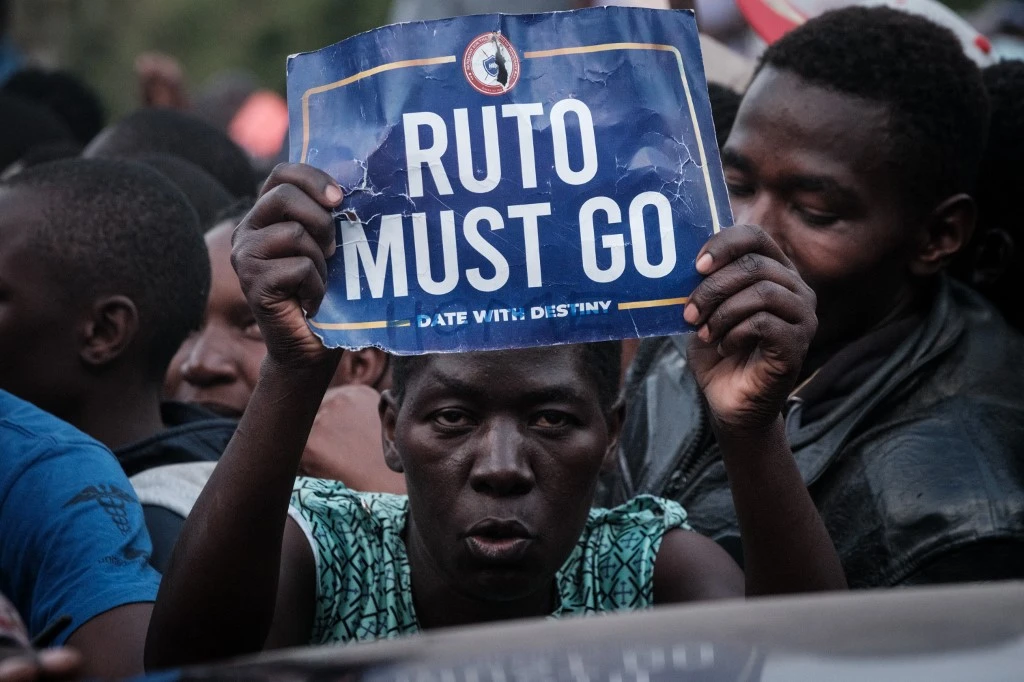“We suffer, of course…but then we live. We live a real life, not a fantastic one, for suffering is life. Without suffering what would be the pleasure of it? People talk sometimes of bestial cruelty, but that’s a great injustice and insult to the beasts; a beast can never be so cruel as a man, so artistically cruel. The lion only tears and gnaws, that’s all he can do. He would never think of nailing people by the ears, even if he were able to do it.” Ningabire cried.
The sky was threatening to rain as we made our way through the backstreets to the scrap metal dealers in River Road. I had met Ningabire on the sidewalks on my way to work, hawking nuts. I would buy nuts from him every morning to take with my tea at the office and after a few days, we became fast friends. He’d give me a scoop whenever I was too broke to buy one for myself, claiming doing good was the least man could do. The short talks slowly morphed into longer conversations and he got to tell me his story.
A refugee from Burundi, he and his family initially settled in the Eastern part of the Democratic Republic of Congo, South Kivu province. He was only ten when he left his home country in the middle of the night after gunmen broke into their home and captured his father. Fleeing with his mother and two sisters, they waded the turbulent rivers to get to safety, and after two days with nothing but the clothes on their backs, they reached the DRC.
“People talk sometimes of bestial cruelty, but that’s a great injustice and insult to the beasts; a beast can never be so cruel as a man, so artistically cruel,”
Ningabire, Burundian Refugee.
However, hardship did not relent. In the Lusenda Camp, there was no clean water, medicine, food, or decent shelter, and his younger sister who was asthmatic, died merely two weeks after their arrival. Moreover, the multiple armed groups operating in the Eastern Congo made their reality starker.
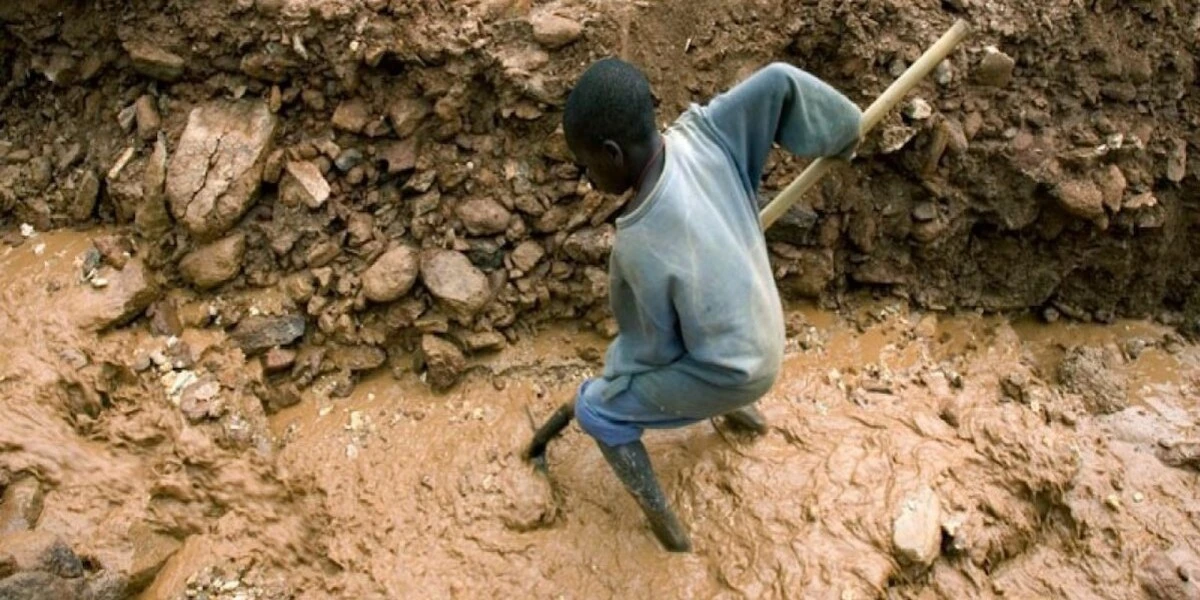
The peace process in eastern Congo continues to be fragile with multiple armed groups operating throughout the mineral-rich region, terrorizing civilians and blocking the path to long-term peace, especially the M23 which became active in Eastern Congo in 2012.
The Democratic Forces for the Liberation of Rwanda operate in eastern Congo and Katanga province with an estimated 2,000 combatants, The Allied Democratic Forces is a Ugandan rebel group based along the Rwenzori Mountains of eastern Congo that currently numbers approximately 500 combatants.
Most of its members are Islamists who want to establish Shari’a law in Uganda. Mai-Mai Militias which are currently six Mai-Mai militias (community-based militia groups) operating in the Kivus: the Mai-Mai Yakutumba, Raia Mutomboki, Mai-Mai Nyakiliba, Mai-Mai Fujo, Mai-Mai Kirikicho, and Resistance Nationale Congolaise.
Ningabire at only ten began work in the mines to help cover the bills of the family. Children work as washers and diggers in dangerous conditions. They also engage in petty smuggling, selling coltan for a pittance in towns along the borders with Burundi, Rwanda, and Uganda. Doing adults work in a hazardous environment, many child miners face harassment, abuse, and ill health. Occupational hazards include daily exposure to Radon, a radioactive substance associated with coltan, which has been linked to lung cancer.
The never-ending conflict and hard life forced his family to seek refuge in Kenya after merely five years in the mines of the Congo. Ningabire did not get back to school despite moving to a more peaceful nation. Instead, he went on with the responsibility laid upon his young shoulders, feeding his family. Despite his hardship and inequality, he remains humble and respectful.
“Equality is to be found only in the spiritual dignity of man. In some thoughts, one stands perplexed, especially at the sight of men’s sin, and wonders whether one should use force or humble love. Always decide to use humble love. If you resolve that once and for all, you may subdue the whole world.” Ningabire said as the first drops of rain came down and we ran to a shopfront for shelter.
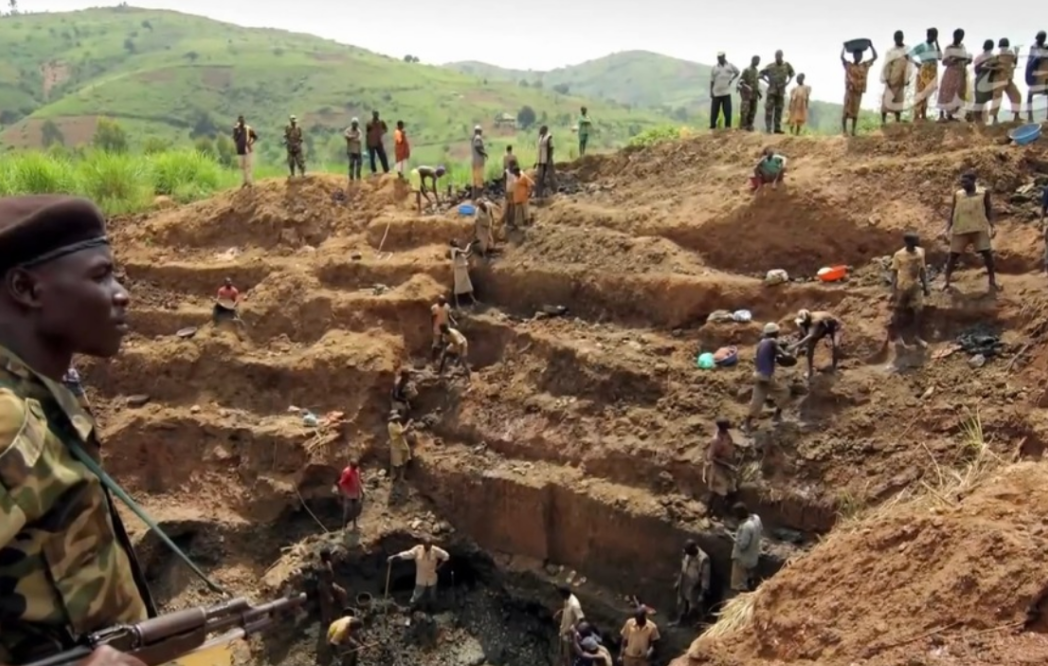
According to a 2020 report by the United Nations Refugee Agency(UNHCR), DRC authorities are limiting the provision of assistance to Burundian refugees living in camps or organized settlements. Burundian refugees who live in communities face similar problems as the local population, including forced displacement, weak governance, limited availability of/access to basic services, and a lack of opportunities for employment/income-generating activities.
Ningabire’s story is a reality lived by millions of displaced individuals, from Gaza to Ukraine and Sudan to the DRC; begging the question, what are the prevailing factors other than political and economic, that cause these wars and how can humanity band together to ensure the protection of children?


